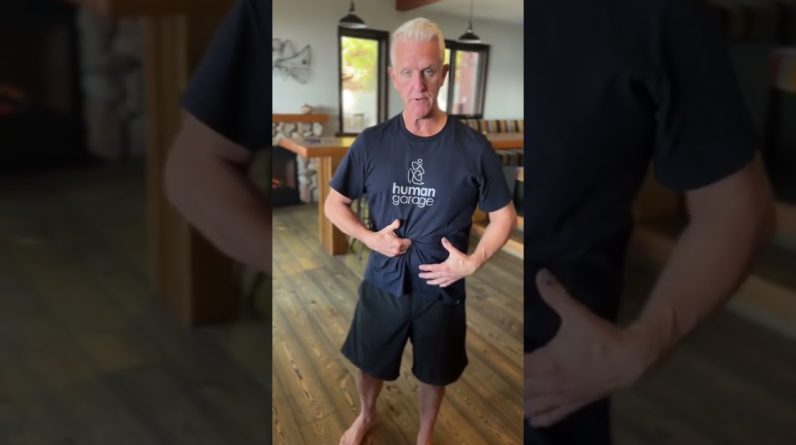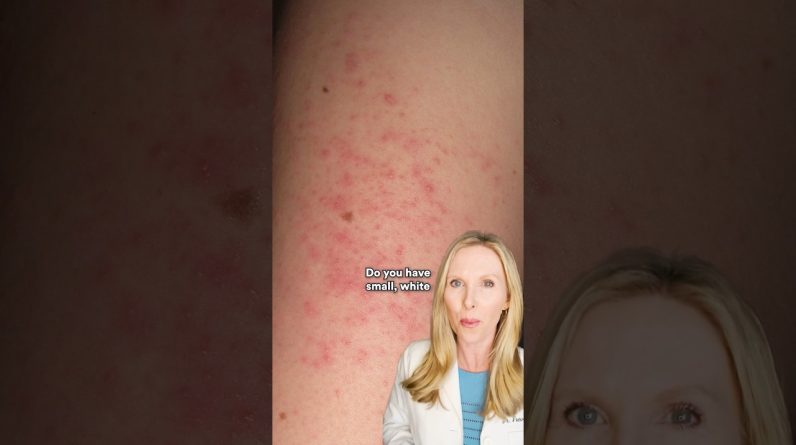Psoriasis – Causes, Symptoms and Cure Part 1 | DocToTalkTo Episode – 05 | Man Matters
In this video:
00:01:02 – What is Psoriasis
00:02:23 – Why does psoriasis happen
00:03:50 – Triggers of Psoriasis
00:04:36 – Symptoms of Psoriasis
00:05:24 – Dandruff Vs Psoriasis
00:06:32 – Is Psoriasis curable?
Psoriasis is a chronic autoimmune condition that causes the rapid buildup of skin cells. This buildup of cells causes scaling on the skin’s surface.
Inflammation and redness around the scales is fairly common. Typical psoriatic scales are whitish-silver and develop in thick, red patches. Sometimes, these patches will crack and bleed.
Psoriasis is the result of a sped-up skin production process. Typically, skin cells grow deep in the skin and slowly rise to the surface. Eventually, they fall off. The typical life cycle of a skin cell is one month.
Scales typically develop on joints, such elbows and knees. They may develop anywhere on the body, including the:
hands
feet
neck
scalp
face
Less common types of psoriasis affect the nails, the mouth, and the area around genitals.
According to one study, around 7.4 million Americans have psoriasis. It’s commonly associated with several other conditions, including:
type 2 diabetes
inflammatory bowel disease
heart disease
psoriatic arthritis
anxiety
depression
What are the different types of psoriasis?
There are five types of psoriasis:
Plaque psoriasis
Plaque psoriasis is the most common type of psoriasis.
The American Academy of Dermatology (AAD) estimates that about 80 percent of people with the condition have plaque psoriasis. It causes red, inflamed patches that cover areas of the skin. These patches are often covered with whitish-silver scales or plaques. These plaques are commonly found on the elbows, knees, and scalp.
Guttate psoriasis
Guttate psoriasis is common in childhood. This type of psoriasis causes small pink spots. The most common sites for guttate psoriasis include the torso, arms, and legs. These spots are rarely thick or raised like plaque psoriasis.
Pustular psoriasis
Pustular psoriasis is more common in adults. It causes white, pus-filled blisters and broad areas of red, inflamed skin. Pustular psoriasis is typically localized to smaller areas of the body, such as the hands or feet, but it can be widespread.
Inverse psoriasis
Inverse psoriasis causes bright areas of red, shiny, inflamed skin. Patches of inverse psoriasis develop under armpits or breasts, in the groin, or around skinfolds in the genitals.
Erythrodermic psoriasis
Erythrodermic psoriasis is a severe and very rare type of psoriasis.
This form often covers large sections of the body at once. The skin almost appears sunburned. Scales that develop often slough off in large sections or sheets. It’s not uncommon for a person with this type of psoriasis to run a fever or become very ill.
This type can be life-threatening, so individuals should see a doctor immediately.
What are the symptoms?
Psoriasis symptoms differ from person to person and depend on the type of psoriasis. Areas of psoriasis can be as small as a few flakes on the scalp or elbow, or cover the majority of the body.
The most common symptoms of plaque psoriasis include:
red, raised, inflamed patches of skin
whitish-silver scales or plaques on the red patches
dry skin that may crack and bleed
soreness around patches
itching and burning sensations around patches
thick, pitted nails
painful, swollen joints
Not every person will experience all of these symptoms. Some people will experience entirely different symptoms if they have a less common type of psoriasis.
Most people with psoriasis go through “cycles” of symptoms. The condition may cause severe symptoms for a few days or weeks, and then the symptoms may clear up and be almost unnoticeable. Then, in a few weeks or if made worse by a common psoriasis trigger, the condition may flare up again. Sometimes, symptoms of psoriasis disappear completely.
When you have no active signs of the condition, you may be in “remission.” That doesn’t mean psoriasis won’t come back, but for now you’re symptom-free.
What causes psoriasis?
Immune system
Psoriasis is an autoimmune condition. Autoimmune conditions are the result of the body attacking itself. In the case of psoriasis, white blood cells known as T cells mistakenly attack the skin cells.
This results in the plaques that are most commonly associated with psoriasis. The attacks on the skin cells also cause red, inflamed areas of skin to develop.
Genetics
Some people inherit genes that make them more likely to develop psoriasis. If you have an immediate family member with the skin condition, your risk for developing psoriasis is higher. However, the percentage of people who have psoriasis and a genetic predisposition is small.
#Psoriasis #skincondition #DocToTalkTo
source








